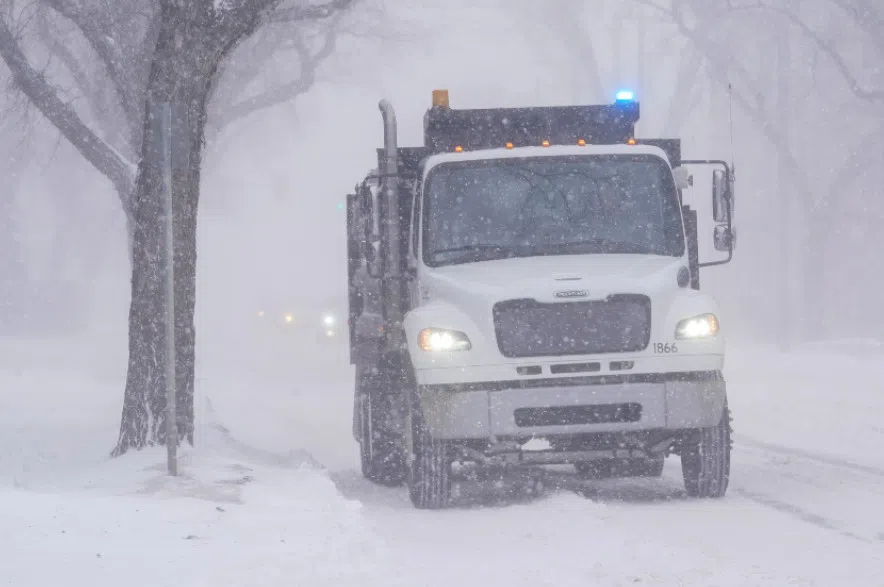The City of Saskatoon ended its year in the black with a nearly $10-million surplus, crediting a significant chunk to snow clearing and population growth.
The preliminary year-end financial results released Thursday revealed a $9.9-million surplus.
The city’s chief financial officer, Clae Hack, said with less snow clearing required in 2023, the city saved $5.7 million.
Saskatoon’s population also grew by 14,000, which generated $3.5 million in additional transit revenue.
Additionally, the temporary closure of the Harry Bailey Aquatic Centre for renovations contributed to a $1-million surplus for Leisure Centres.
The city’s investment income generated $1.2 million more than expected.
Hack said the administration recommended the snow removal savings go into a reserve for future snow clearing. The city’s budget aims to fund up to six snow events a year, but Hack said in recent years, the snow and ice budget had been completely drained.
Another recommendation was that the remaining $4.2 million be placed in reserve for unforeseen costs.
These results will be presented to the city’s finance committee next week before heading to council for approval.
City utilities also see surplus
The city’s utilities generated a $10.96-million surplus after a warm and dry summer in 2023. Staff vacancies, and less training and overtime also played a role in those savings.
Hack explained this surplus could be used to support upgrades for water and wastewater, including the water treatment plant expansion.
Budget challenges remain
While the city saved $5.5 million by cutting optional spending and restricting hiring to meet the 2023 budget, Hack stressed this isn’t a long-term solution.
“Impacts on city infrastructure from continued deferred maintenance is one example that can lead to end up costing more in the long run,” Hack said.
He said that because of inflation, services like road maintenance were temporarily adjusted to align with the city’s budget, and less maintenance was done than originally planned.
Hack said this surplus will have a minimal impact on the 2024 budget discussions.







